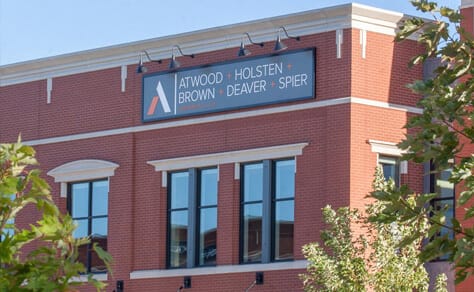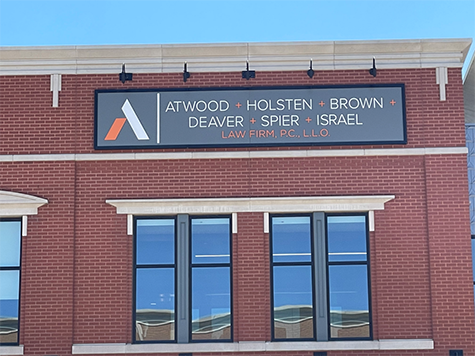Social media posts and messages, even those considered “private,” may be discoverable in a Nebraska workers’ compensation case. The Nebraska Rules of Discovery provide that any party to a lawsuit may obtain information regarding any matter, not legally privileged, which is relevant or “reasonably calculated to lead to the discovery of admissible evidence.” Neb. Ct. R. Disc. § 6-326(b)(1). Since 2009, when information obtained from a social media website was first offered as evidence in the Nebraska Workers’ Compensation Court, employers and workers’ compensation insurance companies have increasingly sought to obtain access to injured workers’ social media accounts. Social media posts contradicting the claim (the nature and extent of disability alleged, causation of the alleged injury, or the worker’s credibility generally) have, in some cases, prompted the Court to reduce or deny workers’ compensation benefits. For example:
- In Cabello v. Cintas Corp., the plaintiff claimed she could not read or write. The employer, however, offered contradictory evidence including several Facebook comments made under the plaintiff’s Facebook username. The plaintiff said that her husband typed the comments, but the Court noted that the comments were made at various times throughout the day – times when the plaintiff’s husband “would presumably have been at work or asleep.” The Court found the posts diminished the plaintiff’s credibility and caused serious doubt as to the plaintiff’s alleged inability to read and write. After reviewing the totality of the evidence, the Court refused to award benefits based on a loss of earning capacity. Cabello v. Cintas Corp., Doc. 213 No. 1979 (October 7, 2016 Award)
- In Hog Slat Inc. v. Dubas, the Court reduced the plaintiff’s temporary indemnity benefits based, in part, on Facebook posts and videos “showing plaintiff’s vacation and recreational activities.” Hog Slat Inc. v. Dubas, Doc. 211 No. 1884 (September 19, 2012 Award).
- In Sanangelo v. Mitchell Care Center, Inc., the judge noted doubt as to the plaintiff’s claim that she did not experience knee pain prior to the work accident based on pictures posted on MySpace depicting the plaintiff wearing a knee brace and using a crutch. Sanangelo v. Mitchell Care Center, Inc., Doc. 208 No. 0092 (August 31, 2009 Award).
If you have sustained a workers’ compensation injury, it is generally best to:
- Tell your workers’ compensation attorney you subscribe to social media accounts.
- Ensure your privacy settings are set to the highest protection.
- Do not accept “friend requests” from people you do not know.
- DO NOT delete any information you have already posted. Experts are often able to discover previously “deleted” information. The harmful post and attempt to delete the post is likely twice as damaging. Moreover, the act of destroying evidence could lead to criminal charges or legal sanctions.
Disclaimer: This blog post was prepared by Atwood Law for general use only and should not be construed as legal advice. Reading this post does not create an attorney-client relationship between Atwood Law Law Firm and the reader.











